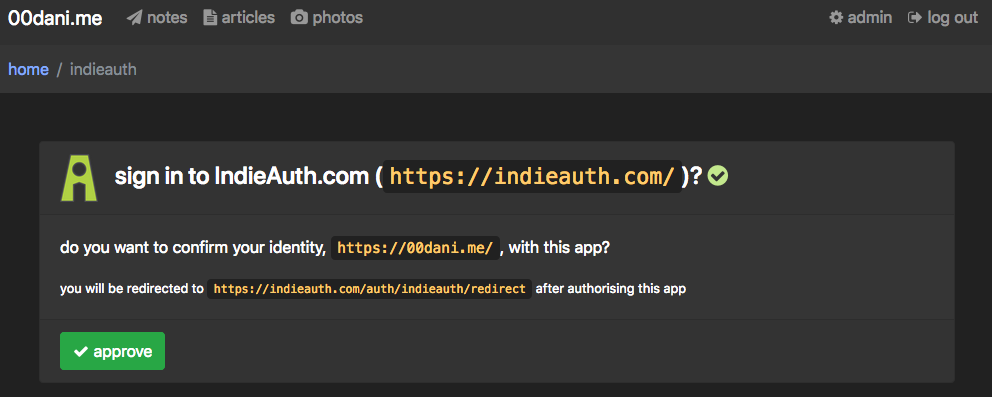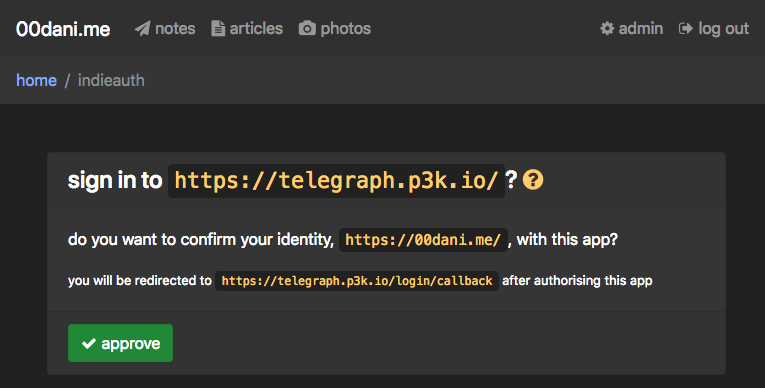lemoncurry 1.10.0: what's new and what's next?
lots of stuff is new, since i haven't posted a changelog since 1.9.4! let's focus on the important things i guess?
- all my html templates are jinja2 now instead of vanilla django - jinja2 is faster and also much more capable, since it supports pretty much arbitrary python expressions rather than a very strict specialised syntax
- lemoncurry now natively serves avatars through the libravatar protocol, which is basically like an open distributed version of gravatar? sadly, the main libravatar server later announced that it's shutting down in october :( my implementation will still work at least, since it's distributed, but i expect fewer services will actually support libravatar after the main server's gone :( :(
- micropub support is way better now - i have a micropub media endpoint, which lets you upload images and stuff for your post before you publish it, posts can be deleted over micropub, and additional properties work now too. neato
- i use messagepack now for caching stuff in redis, since it's faster as well as more space-efficient than the other serialisation formats available
- amp is no longer supported, because i decided amp sucks. you're welcome?
- changed the layout of entries so they now have way less vertical overhead. i did this to encourage me to use notes more, since they're meant to be little status updates like toots and making them Big discouraged me from Doing That
next, i think i might be planning to break backwards compatibility. yep :o
specifically, i store entries internally using fairly typical relational database modeling: fields for single-valued stuff like name and content, many-to-many associations for stuff like cats and syndications, etc. etc.? and i'm running into a mismatch between that structure and what i need the site to handle
specifically, while i can easily produce microformats2 html from that structure, micropub works by sending microformats2 items into the site, which means i need to convert back and forth between mf2 and my internal format. this ends up being a big hassle in some cases! what micropub really wants is for microformats2 to be the site's native format, since that eliminates the need for translation
so basically: i'm planning to change lemoncurry's internal entry format from traditional entity-relationship modeling to native microformats2 json, just like the json i send to its micropub endpoint right now. then i can natively exchange microformats2 items with my site, without the translation mismatch
that's a gigantic change, and i haven't even decided exactly how i wanna implement it. so i'm planning to make it a major version. that's right, lemoncurry 2.0 is on the roadmap!! :o



